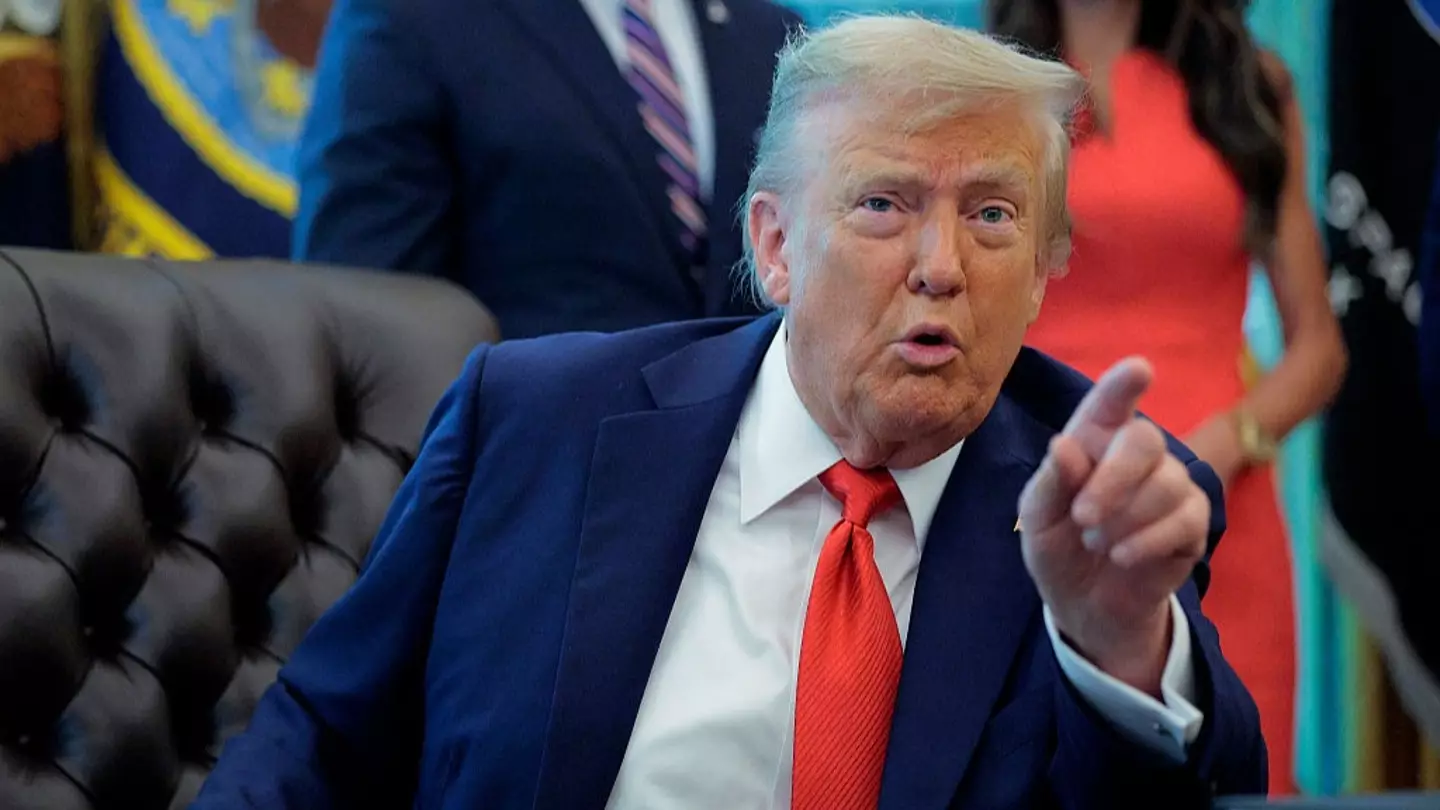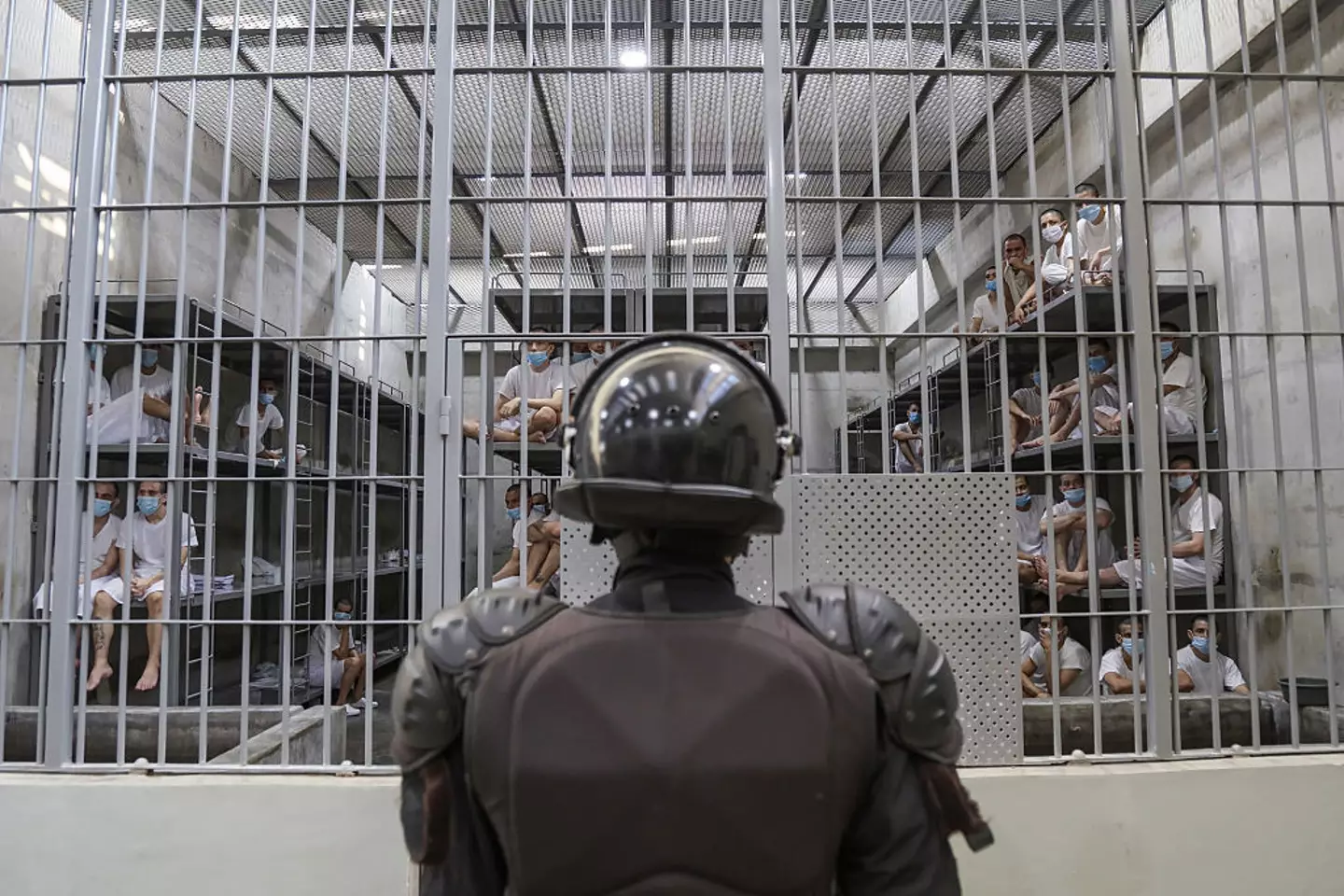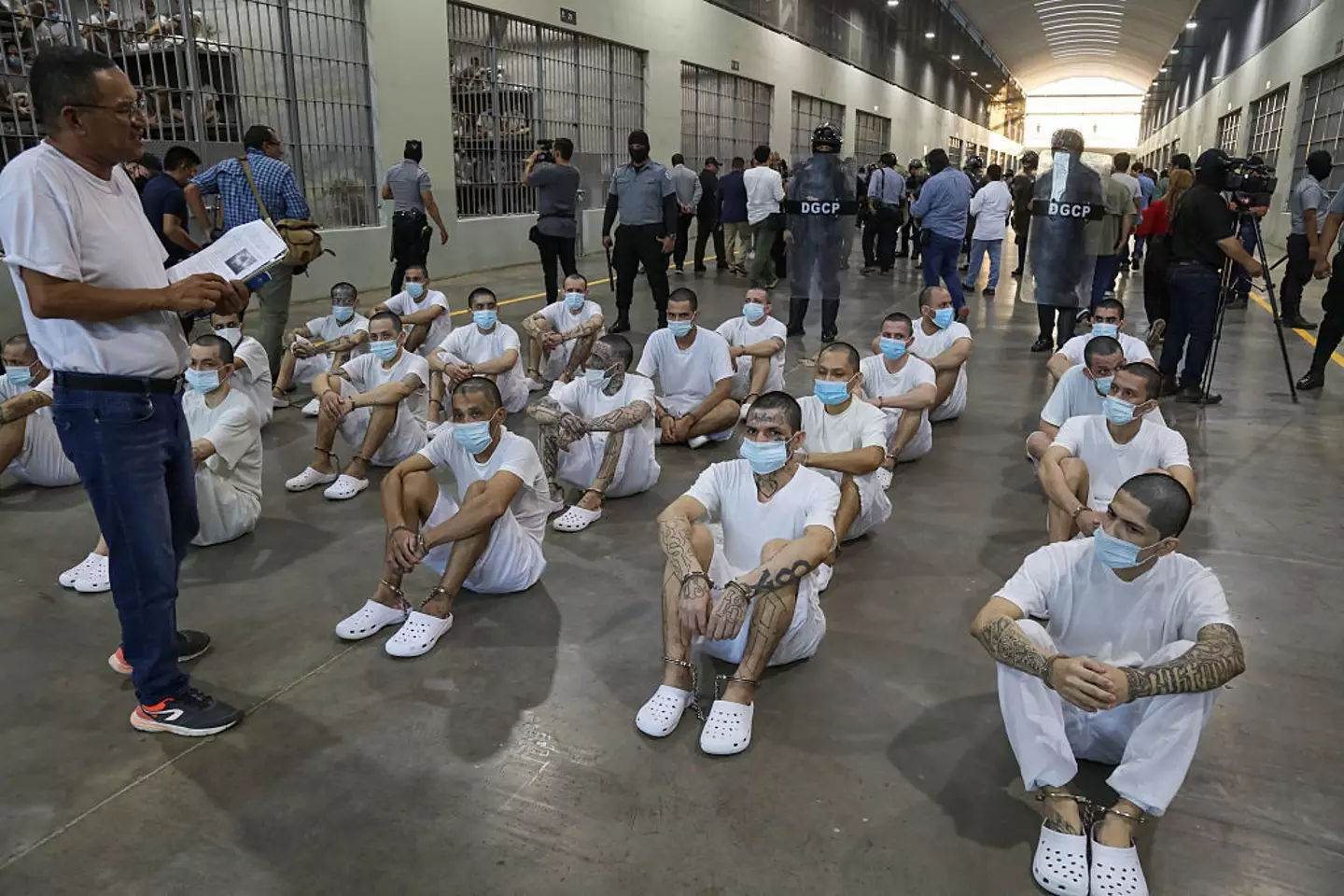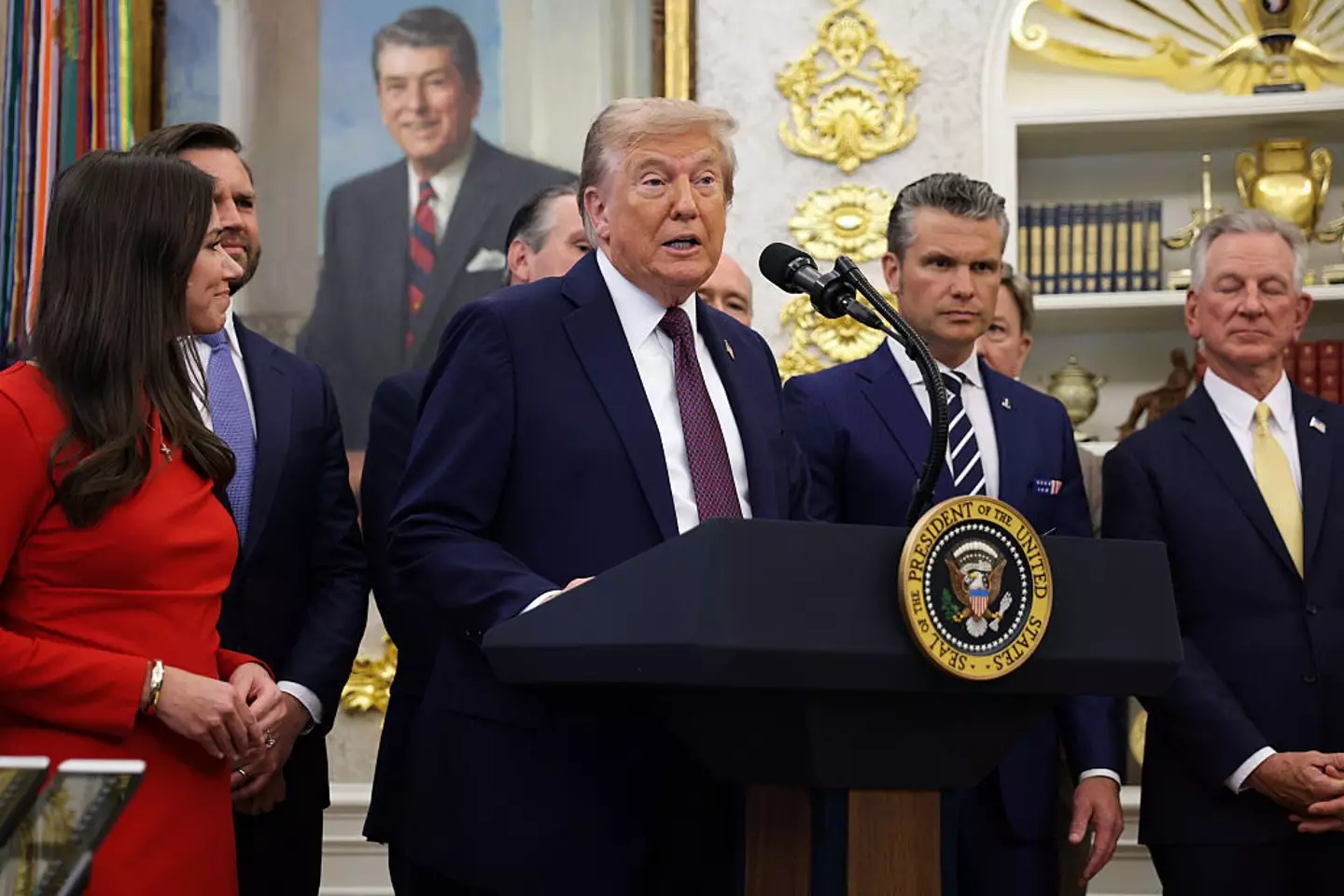
Donald Trump cannot use an 18th-century law to deport people accused of being part of a 'Venezuelan gang' in several southern states, a US appeals court has ruled.
In his commitment to crack down on immigration, Trump has been pulling all the stops in a controversial attempt to fuel mass deportations of migrants, and this includes attempting to reinstate a few older laws.
One such law would allow the use of active-duty military personnel to carry out law enforcement across the country, while another, from 1798, has only been used three times in US history.
However, it seems as though the latter has been stopped in its tracks.
Advert
The decision, announced on Tuesday night (September 2), came from the 5th US Circuit Court of Appeals, a conservative panel of three federal judges, and could serve as a stepping stone to a ruling from the US Supreme Court on the matter.

In a 2-1 ruling in agreement with lawyers advocating for immigrants' rights, as well as lower circuit US judges, the 5th Circuit panel decided that the Alien Enemies Act of 1798 (AEA) should not be used against the Venezuelan criminal organization Tren de Aragua.
Judges Leslie Southwick and Irma Carrillo Ramirez wrote that a 'predatory incursion' by the Venezuelan gang had not occurred, a crucial component of the Act.
"We conclude that the findings do not support that an invasion or a predatory incursion has occurred," Judge Southwick wrote (via CNN). "We therefore conclude that petitioners are likely to prove that the AEA was improperly invoked."
Lee Gelernt, an attorney with the American Civil Liberties Union (ACLU) who represents Venezuelan people being detained in North Texas in their challenge against deportation under the Alien Enemies Act, said: “The Trump administration’s use of a wartime statute during peacetime to regulate immigration was rightly shut down by the court.
"This is a critically important decision reining in the administration’s view that it can simply declare an emergency without any oversight by the courts.”
What is the Alien Enemies Act and how is Trump planning to use it?

The 1798 law was originally used as a wartime authority for deportations from Texas, Louisiana, and Mississippi, and Trump's reliance on it back in March this year sparked the first in a series of legal challenges.
Under the law, the Act can be invoked during a 'declared war' or 'any invasion or predatory incursion' by a foreign government against the US government. It can remain in effect until the president terminates it.
Before Trump's use of it, the Act had only been used during the War of 1812 and in World War I and World War II, when it was infamously used to intern citizens of Italian, German, and Japanese nationality in camps.
Trump has previously declared his intent to use the law to fast-track deportations from the US and to 'dismantle every migrant criminal network operating on American soil'.
Why the court has blocked Trump's plan

Previously, the Supreme Court had granted Trump the power to use the Act to speed up the deportation of alleged gang members, with as many as 261 people accused of being part of the Tren de Aragua group deported to the infamous El Salvador mega-jail CECOT.
Trump welcomed the ruling, writing on his social media platform, Truth Social, that it was 'A GREAT DAY FOR JUSTICE IN AMERICA'.
However, as part of its ruling in April, the Supreme Court wrote: "The notice [of deportation] must be afforded within a reasonable time and in such a manner as will allow them to actually seek habeas relief in the proper venue before such removal occurs.
"The only question is which court will resolve that challenge."
Originating in the Northern District of Texas, the case had previously been heard by the Supreme Court, and the use of the Alien Enemies Act for deportations had been paused in that district, pending consideration by the 5th Circuit of migrants' claims.
According to Reuters, several other judges had also blocked deportations under the law in their jurisdictions, too.
The 5th Circuit ruling can be appealed either directly to the same Circuit or to the US Supreme Court, and it is thought that it will be the Supreme Court that will have the final decision.
Topics: Donald Trump, US News, World News, Politics
